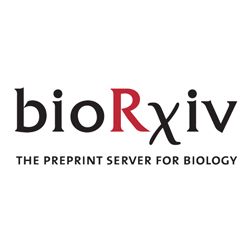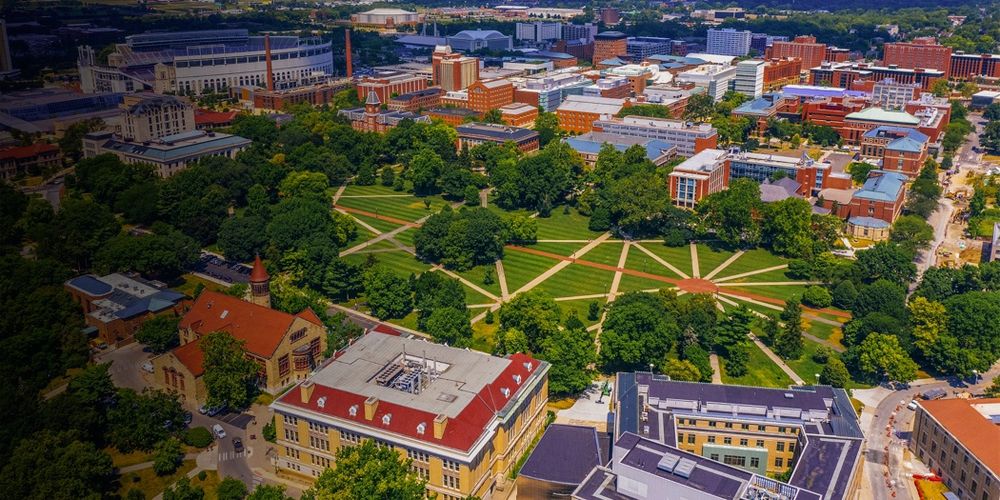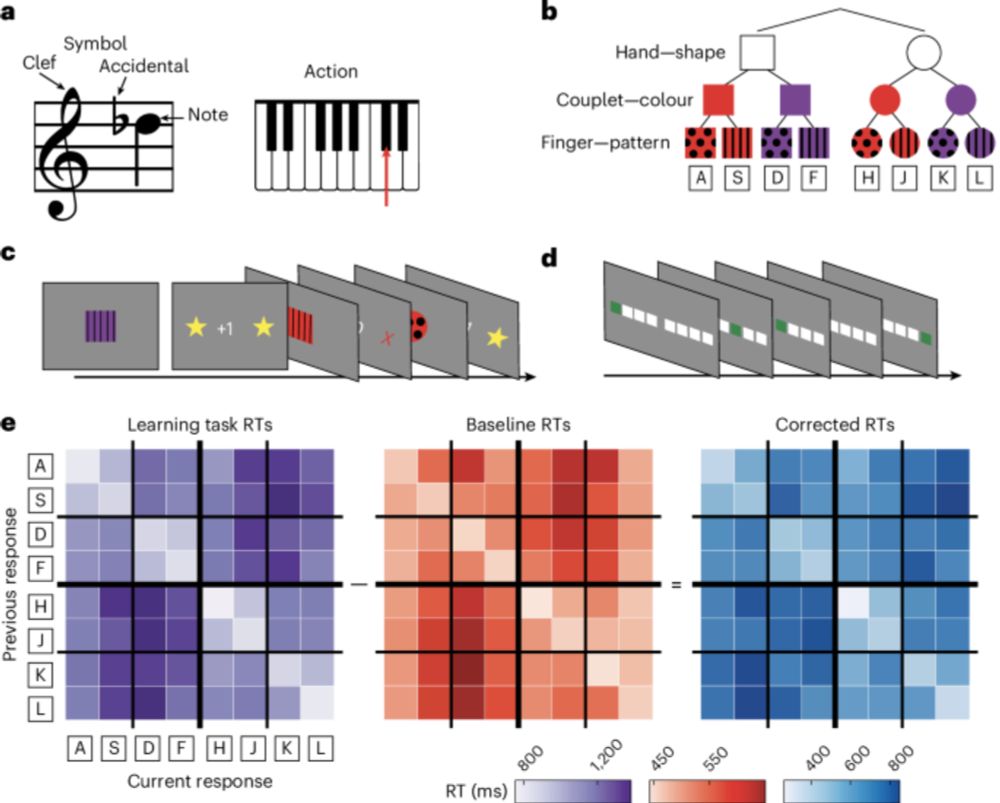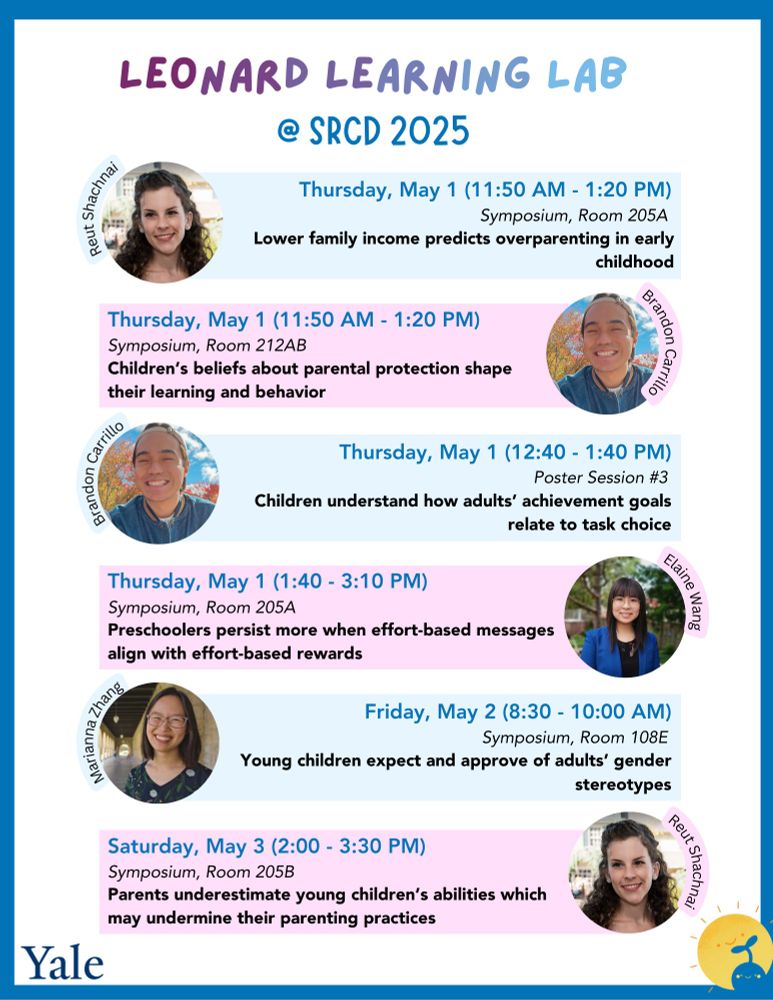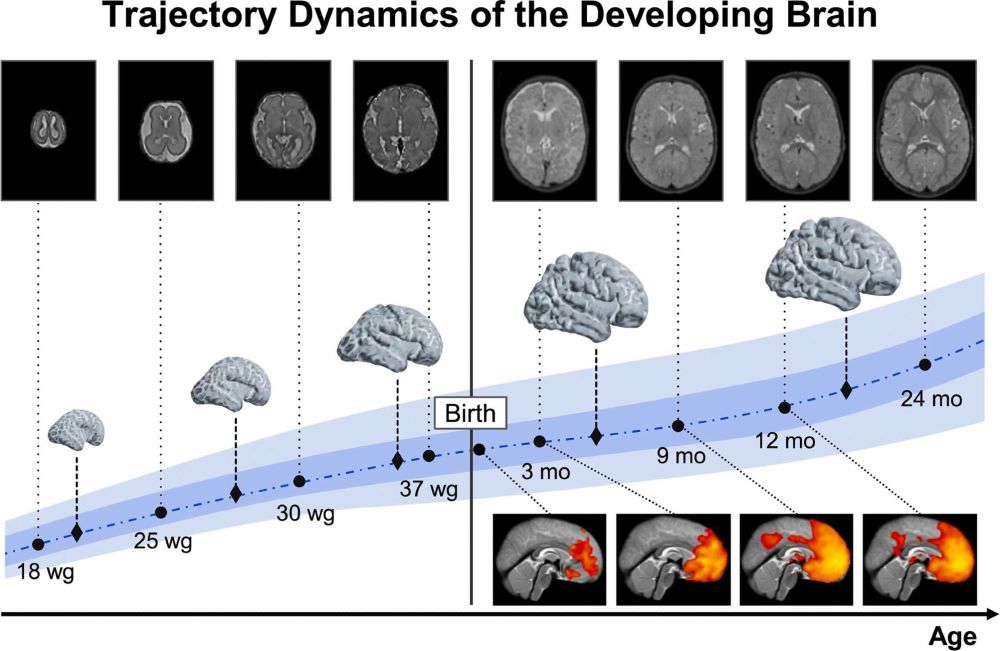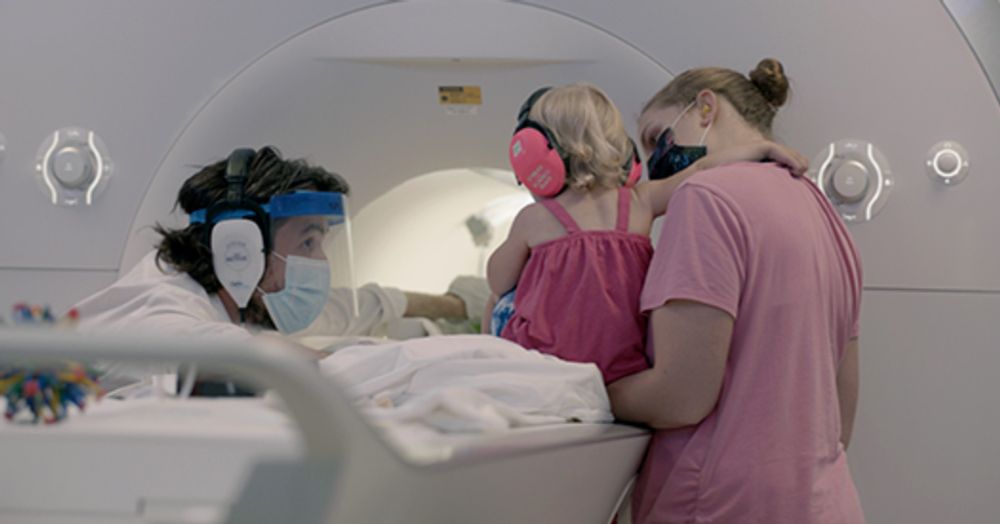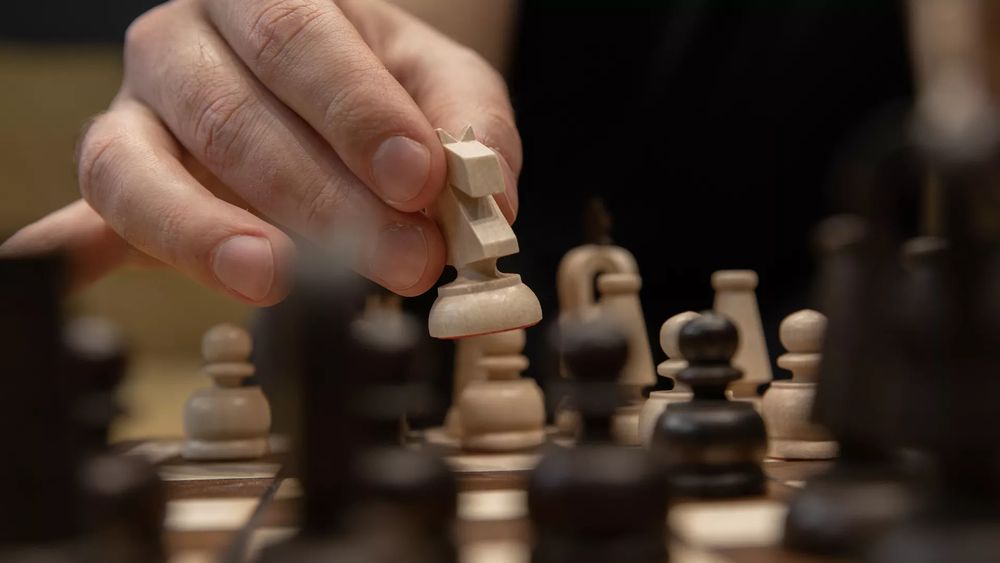Lillian Behm
@lillianbehm.bsky.social
120 followers
140 following
6 posts
PhD student @Yale studying infant brains and memories
Posts
Media
Videos
Starter Packs
Reposted by Lillian Behm
Reposted by Lillian Behm
Reposted by Lillian Behm
Lillian Behm
@lillianbehm.bsky.social
· May 21
Reposted by Lillian Behm
Reposted by Lillian Behm
Reposted by Lillian Behm
Erica Busch
@elbusch.bsky.social
· Apr 3

Accelerated learning of a noninvasive human brain-computer interface via manifold geometry
Brain-computer interfaces (BCIs) promise to restore and enhance a wide range of human capabilities. However, a barrier to the adoption of BCIs is how long it can take users to learn to control them. W...
doi.org
Reposted by Lillian Behm
Lillian Behm
@lillianbehm.bsky.social
· Mar 20
Tristan Yates
@tristansyates.bsky.social
· Mar 20
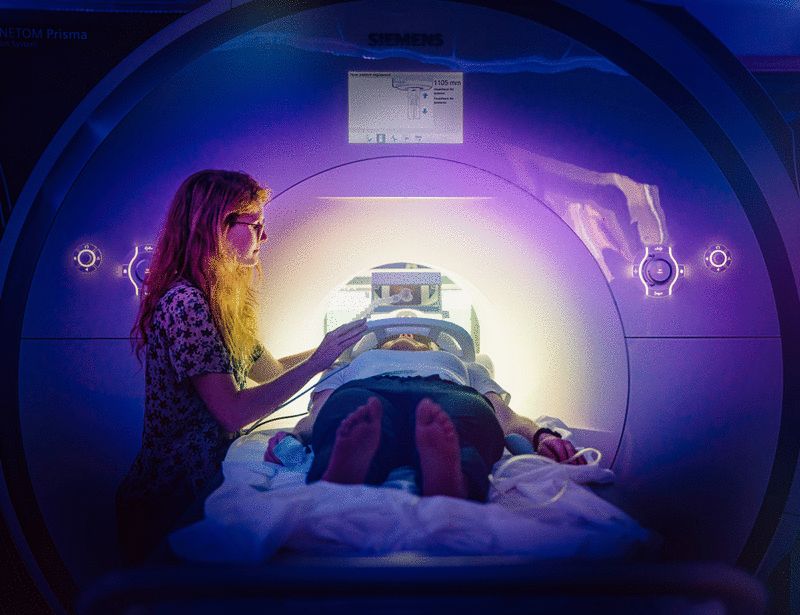
Hippocampal encoding of memories in human infants
Humans lack memories for specific events from the first few years of life. We investigated the mechanistic basis of this infantile amnesia by scanning the brains of awake infants with functional magne...
www.science.org
Reposted by Lillian Behm
Tristan Yates
@tristansyates.bsky.social
· Mar 11
Lillian Behm
@lillianbehm.bsky.social
· Feb 26

Data retention in awake infant fMRI: Lessons from more than 750 scanning sessions
Functional magnetic resonance imaging (fMRI) in awake infants has the potential to reveal how the early developing brain gives rise to cognition and behavior. However, awake infant fMRI poses signific...
www.biorxiv.org
Reposted by Lillian Behm

